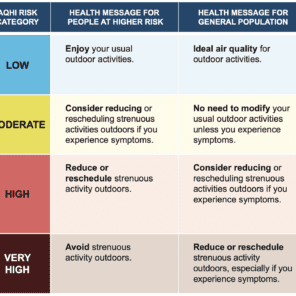Client: Alberta Safety Codes Council
Listing of the client in no way affirms the client's support, sponsorship, or validation in any form of Risk Sciences International or the RSI staff member(s) who conducted this project during their stay with RSI or prior to joining the company. This case study is displayed for informative purposes only to demonstrate the capacity of RSI staff members. This case study reveals no proprietary information or information deemed sensitive.
Analysis in Support of Risk-Based Decision-Making for the Alberta Safety Codes Council
An independent regulatory organization responsible for oversight of Alberta’s safety codes system sought to strengthen its capacity for risk-based decision-making. The organization aimed to ensure that regulatory actions—particularly in the area of petroleum storage tanks—were guided by clear, evidence-based prioritization methods that protect public safety while making effective use of resources.
The project began with the development of a shared public risk lexicon and detailed taxonomies for hazards, harms, and risk controls specific to petroleum storage tanks. This foundational step ensured consistency in terminology and understanding across the organization. The scope also included preliminary work on taxonomies for other safety code disciplines, enabling future expansion of the framework.
Next, the work focused on creating a practical risk measurement and prioritization tool. Using available inventory data, inspection procedures, and non-compliance trends, several scoring methods were developed to rank storage tanks by relative risk. The chosen near-term method was implemented in a prototype tool built in MS Excel, producing risk categories (low, medium, high) to inform inspection priorities. Documentation and example outputs were prepared to support operational use.
To align risk-based practices with organizational goals, a series of executive-level mini-workshops were designed and facilitated. These sessions used concise policy briefs to explore the advantages, challenges, and implementation pathways for key elements of a risk-based decision-making framework. Outcomes from these discussions were summarized and presented to the Board of Directors, supporting informed strategic decisions on the framework’s adoption and growth.
Experts related to this case study
More RSI Case Studies
RSI presents a very small selection of case studies to highlight some of its key work.




















